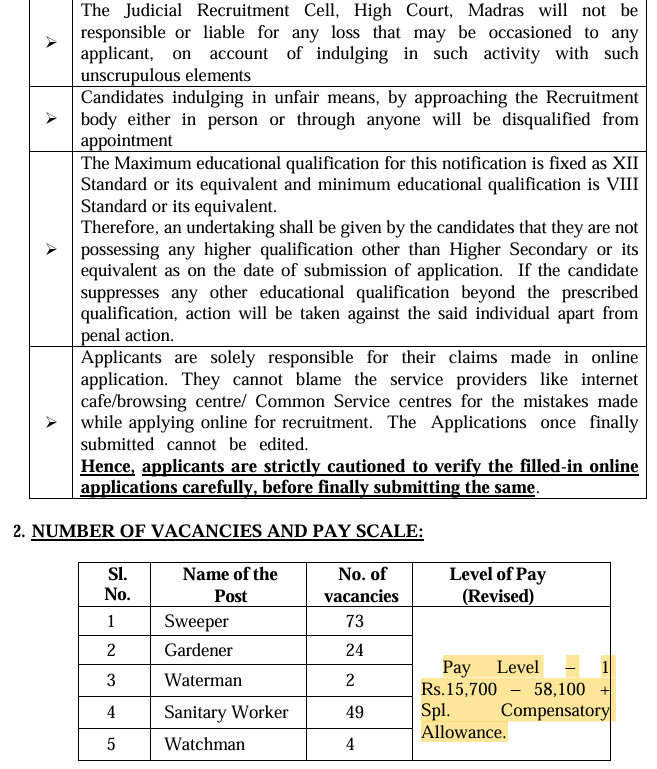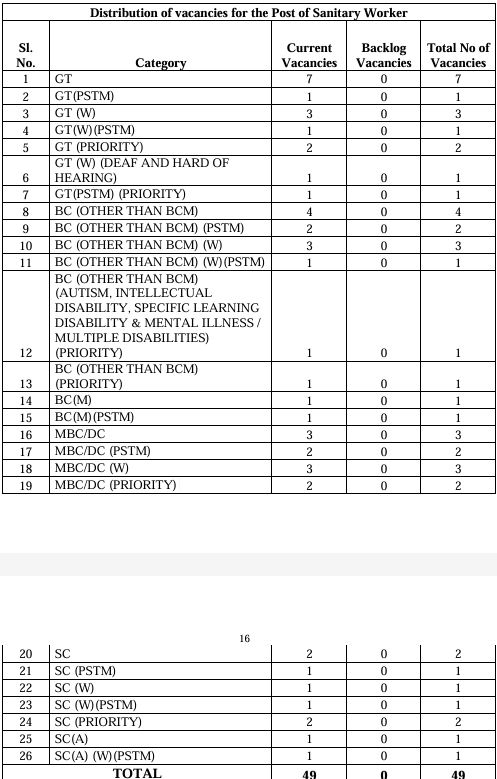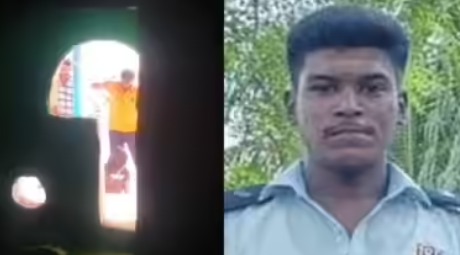A Counter-Perspective on Dr. Thirumavalavan's Stance
Whilst I deeply respect Dr. @thirumaofficial, I must respectfully dissent from his recent observations on the sanitary workers' protest. His position, though well-intentioned, is actually counterproductive to breaking stereotypes and promoting upward mobility for marginalised communities. 1/14
Whilst I deeply respect Dr. @thirumaofficial, I must respectfully dissent from his recent observations on the sanitary workers' protest. His position, though well-intentioned, is actually counterproductive to breaking stereotypes and promoting upward mobility for marginalised communities. 1/14

The protesters or their supporters aren't asking for marginalised communities to remain trapped in sanitation work forever. They're demanding permanent public employment status. This is the KEY to breaking the cycle of stereotyping that Dr. Thiruma wants to address. 2/14
Here's why Dr. Thiruma's approach is backwards: When sanitation is outsourced to private companies, these contractors can freely hire from marginalised communities WITHOUT following reservation policies. This REINFORCES the very stereotyping he opposes. 3/14
Private contractors don't need to follow communal reservation. They exploit the existing stereotype that "only certain communities do this work" because there's no oversight. The current system of outsourcing ENTRENCHES caste-based employment patterns. 4/12
My core observation:
Making sanitary work permanent public employment is the PATHWAY TO BREAK THE CHAIN of stereotyping. It transforms "work largely done by the marginalised" into "dignified public service with proper representation." 5/12
Making sanitary work permanent public employment is the PATHWAY TO BREAK THE CHAIN of stereotyping. It transforms "work largely done by the marginalised" into "dignified public service with proper representation." 5/12
Permanent public employment means:
✅ Mandatory reservation policies (breaking stereotype)
✅ Dignified salaries (changing social perception)
✅ Career progression (upward mobility to self and family)
✅ Job security (economic empowerment)
✅ Service recognition (social dignity). 6/12
✅ Mandatory reservation policies (breaking stereotype)
✅ Dignified salaries (changing social perception)
✅ Career progression (upward mobility to self and family)
✅ Job security (economic empowerment)
✅ Service recognition (social dignity). 6/12
Look at Madras High Court Service - they recruit sanitary staff as permanent employees with proper reservation, decent pay and job security.
Result? This is the right way to bring down stigmatisation, as it is treated as a permanent employment. 7/12

Result? This is the right way to bring down stigmatisation, as it is treated as a permanent employment. 7/12


This is about PROMOTING UPWARD MOBILITY. When sanitary work becomes permanent employment, it stops being a "caste trap" and becomes a "socio-economic ladder." Their children can move upward and stereotypes break. 8/14
Dr. Thiruma’s observation that sanitary work should not be kept as a permanent job will make the workers remain invisible, exploited and stereotyped.
My observation: This perpetuates exactly what he claims to oppose. 9/14
My observation: This perpetuates exactly what he claims to oppose. 9/14
If the Madras High Court can recruit sanitary workers with proper process, why can't corporations handling thousands of crores do the same?
The model exists. The legal framework exists.
What's missing is commitment to breaking stereotypes (i.e., POLITICAL WILL) through dignification and discouragement of lobbying by profit oriented PRIVATE players. 10/14
The model exists. The legal framework exists.
What's missing is commitment to breaking stereotypes (i.e., POLITICAL WILL) through dignification and discouragement of lobbying by profit oriented PRIVATE players. 10/14
DISCOURAGING STEREOTYPING happens when we elevate the work, not abandon it. When sanitary workers become permanent public employees with career growth, society stops seeing it as "caste work" and starts seeing it as "essential public service." 11/14
My fundamental disagreement: Dr. Thiruma treats the symptom (who does the work) instead of the disease (how society values the work). We must transform the work itself into a pathway for UPWARD MOBILITY, not perpetuate its marginalisation. 12/14
The real progressive demand: Abolish private contracting, create permanent public positions with proper recruitment, ensure career advancement opportunities. This breaks both economic exploitation AND social stereotyping simultaneously. 13/14
Dr. Thirumavalavan's heart is right, but his solution maintains the status quo. True reform means making sanitary work a ladder for upward mobility, not a trap. That's how we genuinely discourage stereotyping and promote social justice. 🙏🏽 14/14
#BreakStereotypes #UpwardMobility #SanitaryWorkers #SocialJustice #PublicEmployment
#BreakStereotypes #UpwardMobility #SanitaryWorkers #SocialJustice #PublicEmployment
@threadreaderapp unroll
• • •
Missing some Tweet in this thread? You can try to
force a refresh








